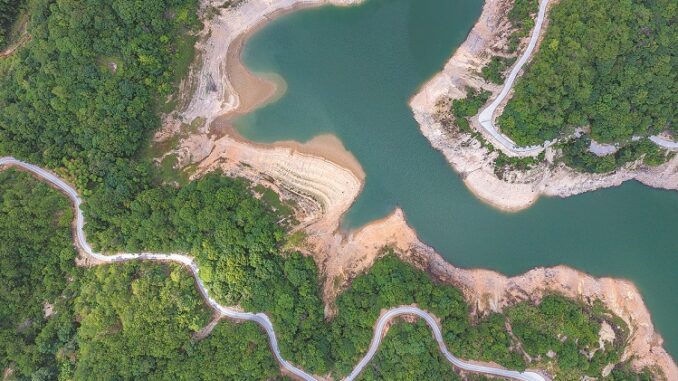
On March 20, 2024, the State Council of China issued the “Regulations on Water Conservation”, which is the first national-level regulations on water conservation in China. The Regulations will take effect on May 1, 2024.
The regulations determine rules on water use management, including setting water use quotas for major crops, industrial products and service sector, controlling annual water use amounts within administrative regions, and restricting water-intensive projects in regions with severe water shortages or groundwater over-exploitation.
The Regulations also stipulate legal liabilities for illegal acts such as using outdated and water-intensive technologies, equipment and products that have been phased out by government orders. For industrial enterprises, requirements such as adopting advanced and applicable water-saving technologies, processes and equipment for water recycling and wastewater treatment and reuse, reducing the water consumption in production per unit product, and increasing the recycling rate of water resources.
Strengthening the management of water usage
- Water use quotas will be set for key industrial products. (Article 11)
- Planned water management will be implemented for units that use water above a certain scale. (Article 13)
- No new water-intensive projects will be permitted to the built in areas with severe water shortages or groundwater over-exploitation, and high water-intensive industrial projects that do not comply with national industrial policies will be phased out within a specified time. (Article 16)
- Water efficiency labeling management will be implemented for water-consuming products with high water-saving potential and widespread use. And products with low water efficiency shall be gradually phased out. (Article 17)
Improving water saving measures
For industrial enterprises, the Regulations require them to adopt advanced and applicable water-saving technologies, processes and equipment for water recycling and wastewater treatment and reuse, to reduce water consumption for producing a unit product, and to increase the recycling rate of water resources. And for water-intensive companies that exceed allotted quotas will be ordered to carry out water-saving upgrades within a limited period.
In addition, the Regulations encourages financial institutions to provide financial support for water-saving projects. At the same time, the Regulations also specify the penalties for illegal acts, such as using high water-consuming technologies, process or equipment that have been phased out by the government.
Sources:
- Enviliance ASIA, May 9, 2024. https://enviliance.com/regions/east-asia/cn/report_11914
- China Daily, March 22, 2024. https://global.chinadaily.com.cn/a/202403/22/WS65fcd7c0a31082fc043be114.html